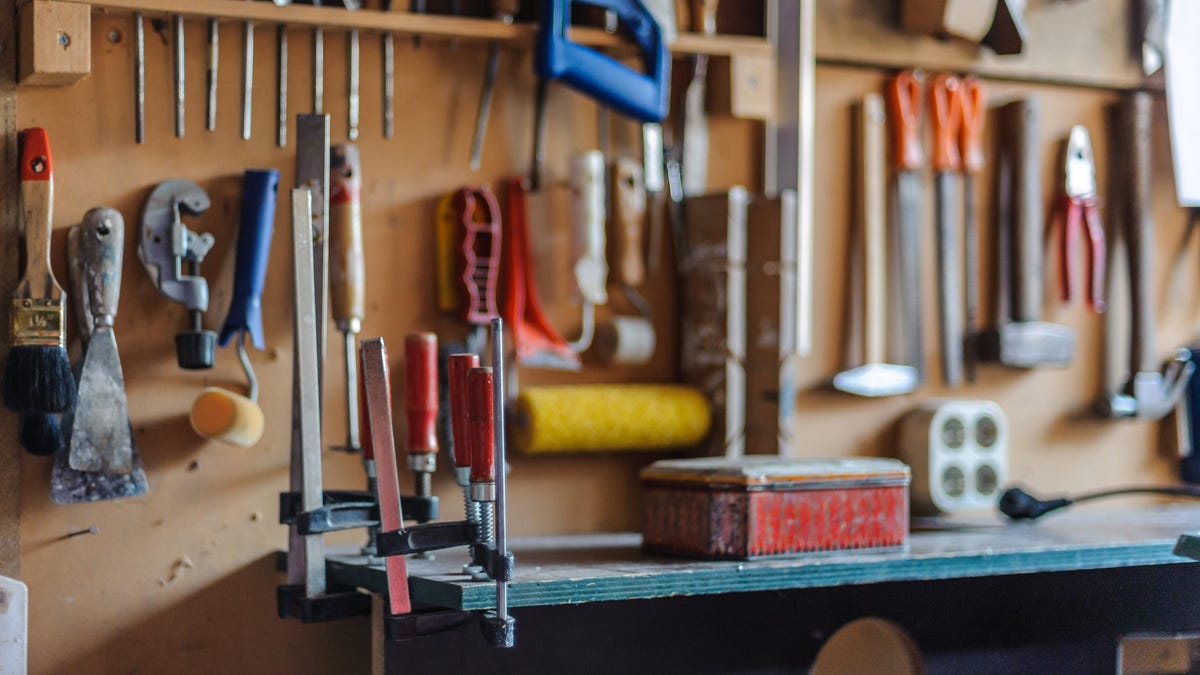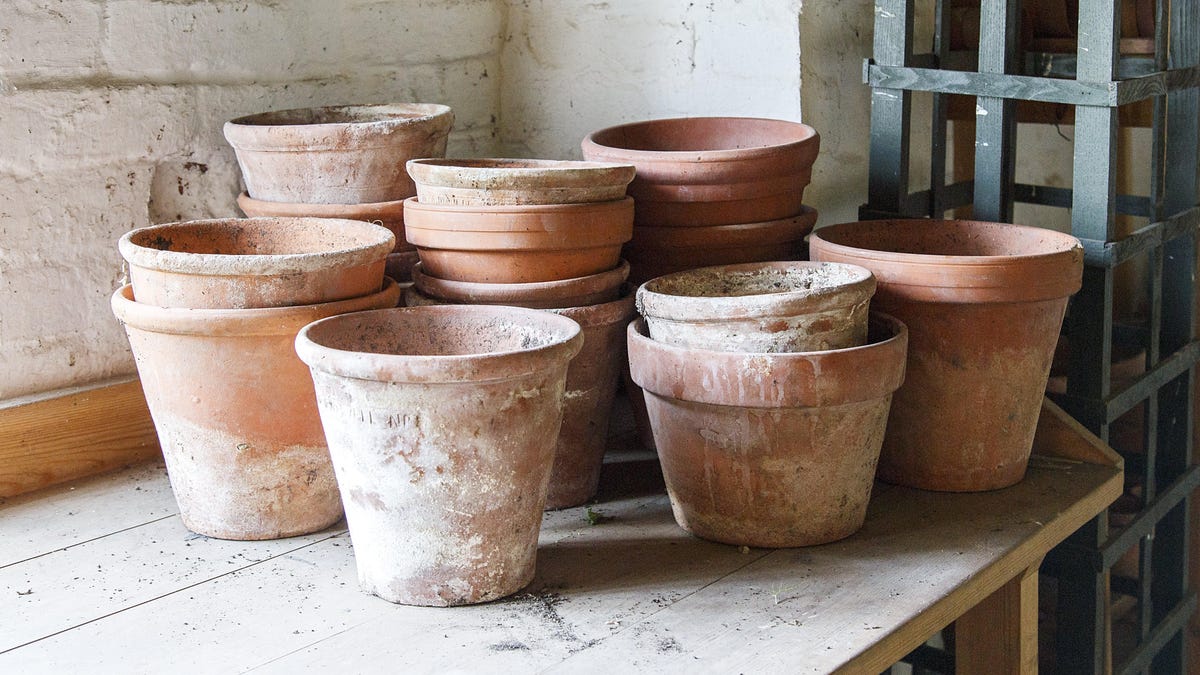Eight Ways to DIY a Tool on the Spot
No matter how simple a DIY home repair or project initially seems, there are times when you realize you don’t have the one tool needed to complete the job. Sometimes this means a frustrating third trip to the hardware...

No matter how simple a DIY home repair or project initially seems, there are times when you realize you don’t have the one tool needed to complete the job. Sometimes this means a frustrating third trip to the hardware store while the house remains in disarray—but sometimes you can get by with a little creativity and improvisation. Here are a few ideas for creating tools out of other materials (or other tools) so you can finish your project and get on with your life.
Turn a hammer into a mallet with a tennis ball
People have different levels of skill when it comes to working with hand tools, but most of us can swing a hammer. Hammers can do a lot of damage, though, especially if you’re not particularly accurate and wind up with dents and hammer marks in your wood. A mallet is designed to avoid that issues, but if you’re not a frequent DIYer, you’re much more likely to have a hammer than a mallet.
No worries, though. If you have a tennis ball, you can transform any hammer into a workable mallet simply by slicing a hole into the ball and fitting it over the business end of your hammer. The end result isn’t pretty, but it will get the job done without leaving a ton of dents.
How to make a DIY bubble level
As any experienced DIYer will tell you, eyeballing things to make sure they’re level is nearly impossible. Even brand new homes are rarely perfectly level, which means using any reference point in a room to determine you’ve lined things up properly will end in failure. But if you don’t have a bubble level to make sure you’re hanging those shelves correctly, you can improvise one from some clear plastic tubing and a little water (and a little food coloring, if you want, for easier readings). Cut a length of plastic tubing, fill it with water, and secure it to the surface you’re working on in a “U” shape. The water level at the top of each end will be level and can be used to mark a level line. You can also use this to line up marks on two separate surfaces so they’re at the same level.
Make a caulk gun with a trigger clamp
Caulk is a wonderful invention, and the caulk gun is a simple device for delivering it. But if your old caulk gun is broken—or if you forgot to acquire an old caulk gun in the first place—you can get through your day without it as long as you have a trigger clamp and some spare wood or other material you can cut down. Insert a piece of wood into one end of the caulk tube, then insert the top of the tube and the bottom of the wood into your clamp: instant caulk gun. You might have to adjust the wood you’re using as a piston, replacing it with a longer piece as you go, but this hack will allow you to finish the job.
Or make a caulk gun with a hammer
If you need a caulk gun and you don’t have a trigger clamp, you can go full primitive and use the hammer technique: Insert the handle of your hammer into the tube, settle the head into your shoulder, and push the caulk out by pulling the tube towards you in a slow, steady motion. It’s awkward as heck, but if you just want to finish up the damn job without running to the store one more time, it might just do the trick.
Or turn a caulk gun into a clamp
If your situation is the other way around—you have a caulk gun, but you need a clamp—you can use your caulk gun as a clamp. You just need some scrap material to use on either end to avoid leaving marks, but as long as your materials will fit into the caulk gun’s opening, you’re golden.
Make a sanding stick with a paint stirrer
Sanding sticks are used a lot in crafting, but they’re also very useful when you need to sand something in a tight space. If you don’t have any on hand, though, you can whip up a usable substitute by gluing or taping sandpaper to a paint stirring stick. This can be used as a wood file or rasp as well, depending on the grit of the sandpaper you’re using. It won’t hold up like a metal file or rasp, but it might be enough to get you through until you can buy the proper tools.
Turn a dust pan into a hose/funnel
If you need to fill a large receptacle like a tub or barrel with water but it won’t fit in the sink and you don’t have a hose hookup to use, grab a dustpan and use it as a quick and easy funnel. This isn’t something you’ll want to be doing a lot, but if it’s the end of the day and you just need to fill a bucket with water, it’s a lot better than driving off to find a hose.
Use a zip tie like a wrench
If you need to remove some bolts but you don’t have an appropriate wrench, you have learned a valuable lesson about torque. But don’t despair: If you have some plastic zip ties lying around, you can use one to get those bolts off. Wrap the zip tie around the nut or bolt, tighten it, then use the “tail” of the zip tie to turn the bolt. It might take a few tries, but you’ll eventually get that bolt off without the luxury of a wrench.

 Kass
Kass 
































